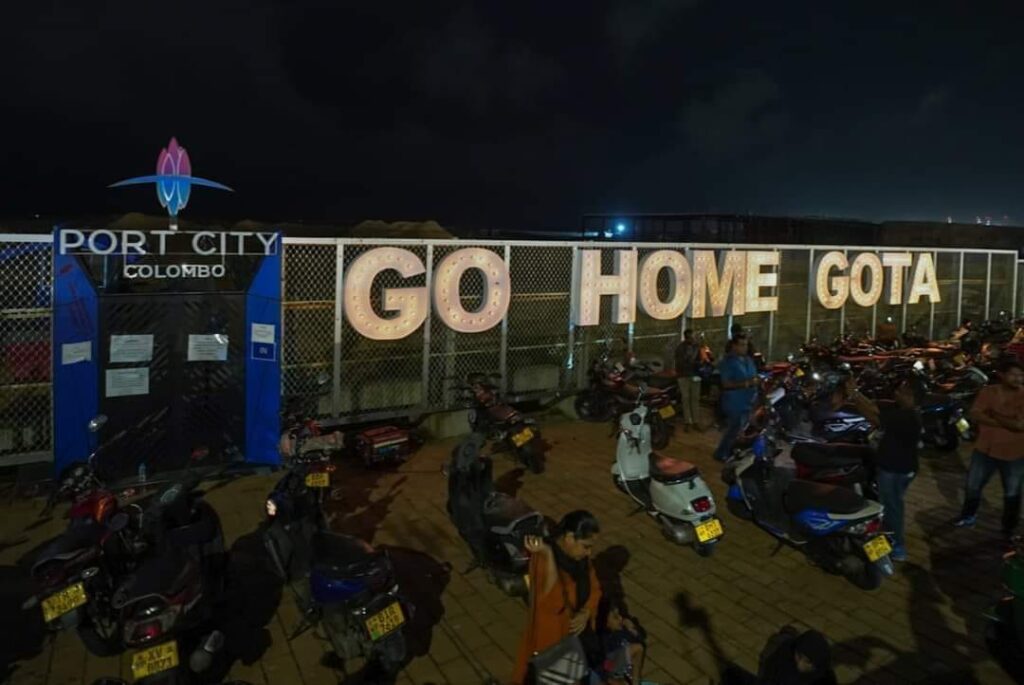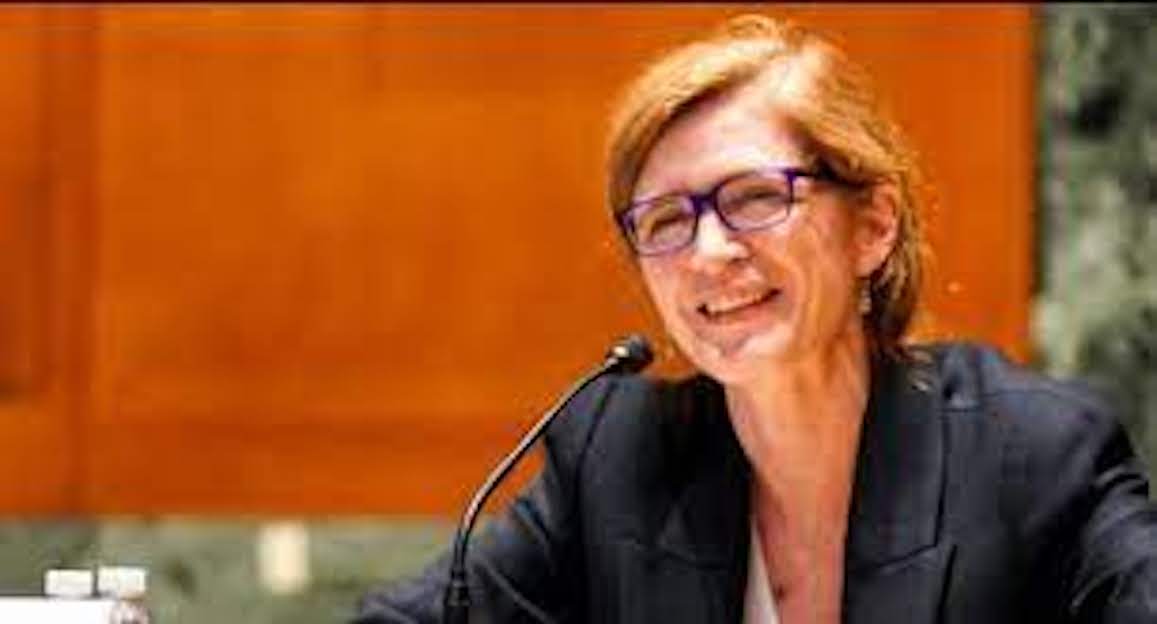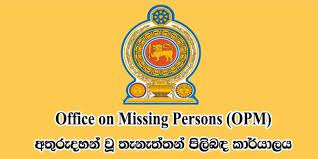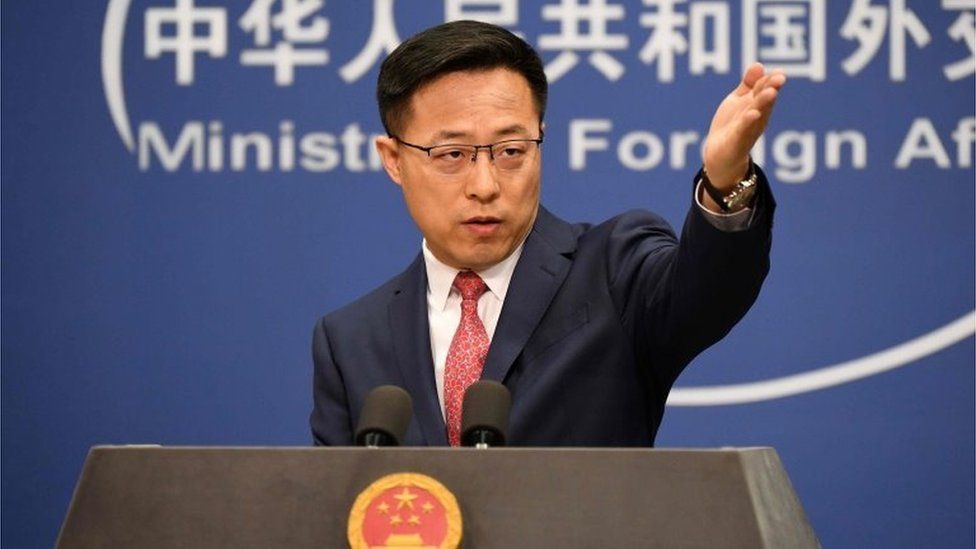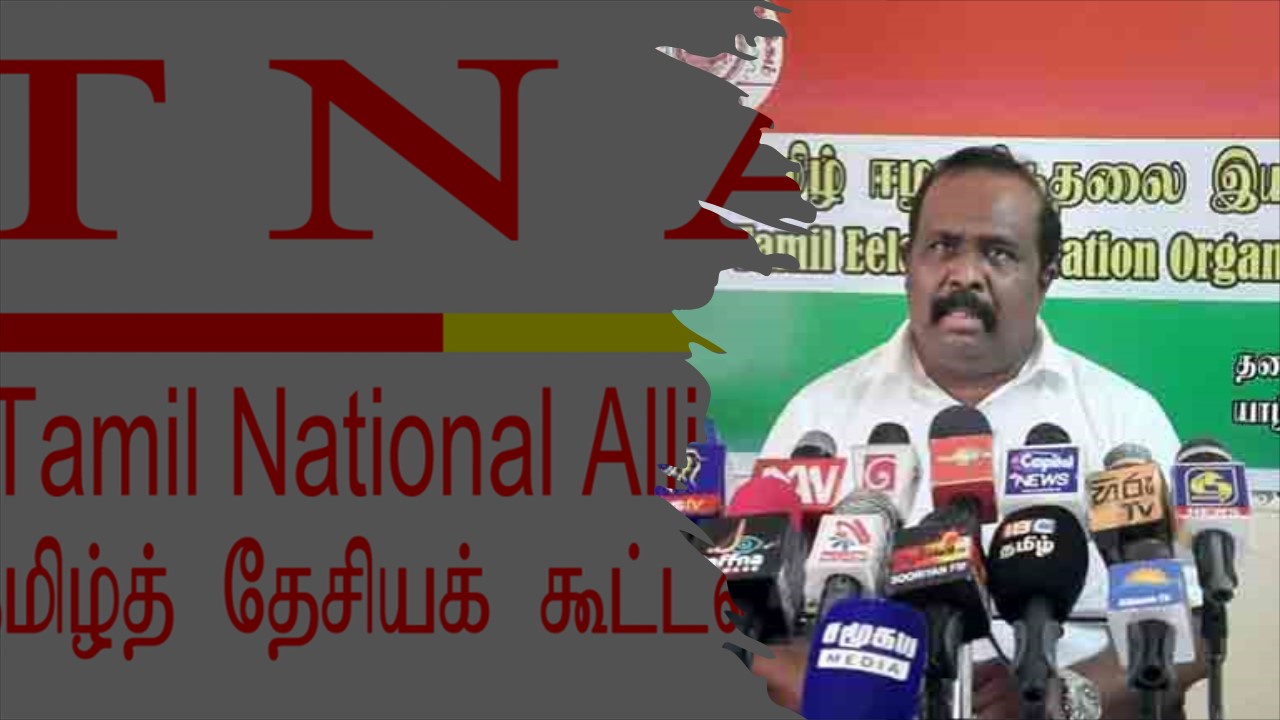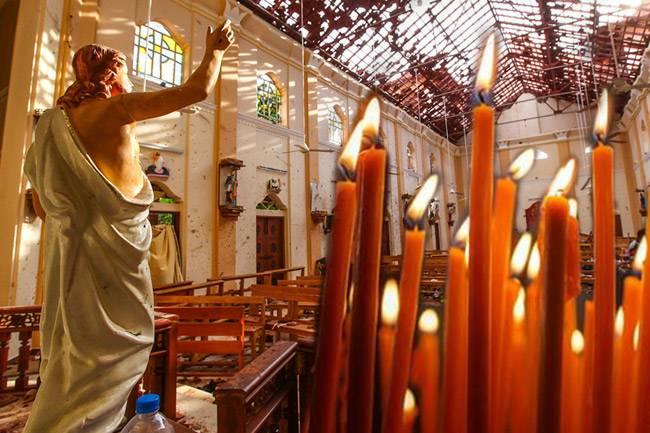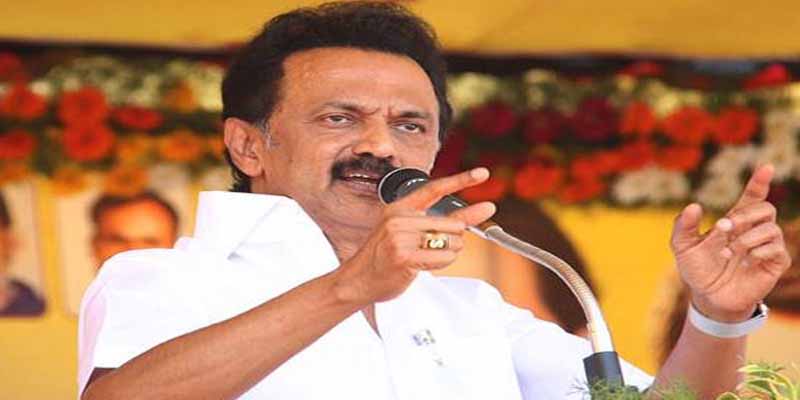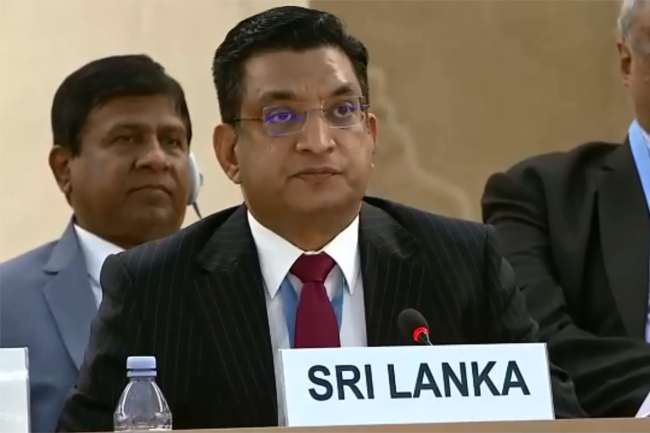The political situation of the country is in a state of extreme confusion. It can be said that the nature of the political power struggle in Sri Lanka has assumed a new and awfully complex form since the recent public uprising that caused the two Rajapaksa brothers to lose their positions. The series of events related to the Aragalaya that caused Mahinda to lose the post of Prime Minister and Gotabaya to lose the Presidency has led the people to believe that even a public uprising outside a parliamentary election could bring about a change in the government.
This situation has resulted not only in giving a new recognition to the Peratugami Party (The Frontline Socialist Party – FLSP) which stands for an arbitrary revolution outside the established constitutional framework but also to change the traditional dimensions of the political power struggle. The Aragalaya can be considered as a powerful public protest movement that initially arose from the people themselves without having the influence of political parties, against manifold and unbearable hardships that they had to suffer in the face of the country plunging into a state of bankruptcy.
Certain characteristics of the Aragalaya
But the Aragalaya, the mass protest movement soon fell into the grip of various political parties, power groups and even various foreign forces, directly and indirectly. This situation increased the strength, appearance and the public base of the Aragalaya enhancing its ability to hold onto it persistently. The social oppression based on the issues of caste, ethnicity, religion and gender worked as an important factor that strengthened the Aragalaya. There was a close interrelationship developed between the activists of the Aragalaya and the YouTubers.
The YouTubers functioned both as guides to the Aragalaya and the conveyors of its message to the masses through the Internet, simultaneously. At the same time, the YouTube reporting also served as an important means of generating a considerable income for them. In order to maximise their income, most of the YouTubers ran their reporting, resorting to the ways that aroused the sentiments of the viewers and exaggerated the incidents in violation of the accepted principles and ethics of reporting. Many of them painted an emotional picture often with profane and subliminal effects of the incident instead of offering the public a realistic picture of the Aragalaya.
The slang language used by many of them in reporting, which was intentionally meant to hurt, insult, slur and offend, could be considered as a derogatory and lumpen-style language. This derogatory language has already become the popular language style used in public debates; it appears to have pervaded across the debates of the Parliament also, to some extent.
The military arm of the struggle
It is said that there was a military hand also behind the incidents that influenced the removal of Mahinda first, and Gotabaya subsequently from the positions they held. It was not something heard at the time, but a story that came up later. If it is true, it can be said that the political power struggle in Sri Lanka has assumed a more complicated and destructive face than what has been analysed at the beginning of this article.
Ranil Wickremesinghe, who had only one seat in the Parliament was first elected as Prime Minister and then elected the President by the Parliament, can be considered as a wonderful event that happened during this crisis. It seems that Ranil believed that he would be able to make the main opposition also a part of the government to overcome the crisis. A large number of people left the Aragalaya after he was elected the President. Consequently the scale of the struggle diminished to a large extent, but there was a group that stayed with it to continue the struggle.
Since then the Peratugami Party became the main Party that led the struggle while the Inter University Students Federation (IUSF), the largest student led organisation in Sri Lanka became the main organisation that mobilised the manpower needed for the struggle. The new president soon became a political figure that came under strong protest of the Aragalaya activists as he followed a strict policy to suppress the protest movement continued by them.
With the arrest and detention of Wasantha Mudalige, the convener of the Inter University Students Federation (IUSF), under the Anti-Terrorism Act, he has become the most distinguished leader of the Aragalaya now. It seems that the President has thought that the Aragalaya could be ended by adopting a policy of isolating and attacking the activists of the Peratugami party. But it was not possible to do so as the leader of the SJB stood for the protection of the Peratugami party.
Real nature of the power struggle
The government of the Podujana Peramuna, despite having the majority in the parliament, is in a dilapidated state where it has lost the public acceptance to a large extent, following Mahinda and Gotabaya being deprived of the premiership and the presidency respectively. It seems that a large group of members of the ruling party have rallied round President Ranil Wickremesinghe. In terms of public acceptance, Samagi Jana Balawegaya (SJB) can be considered as the most powerful party in the opposition at the moment. The JVP can be considered the next most powerful party in the Sinhala areas.
The Peratugami party can be considered as a party that has recently entered the political power groups through the Aragalaya. The followers of the Peratugami party stand for a socialist state. They strongly expect to secure power through a people’s revolution without depending on a constitutional framework. Compared to the previous JVP, it can be considered as a small political movement, but due to the Aragalaya, it can be said to have been able to change that situation to some extent and grow its strength to a certain level, although not as big as the JVP.
The SJB, with the view to overcoming the pressure it has had from the JVP, opted to cooperate with the Peratugami party which the JVP considered to be an opponent of them. This situation strengthened the power base of the Peratugami party and created a situation where it was not easy to suppress them. That is why the President’s policy of isolating the Peratugami party and attacking them proved to be ineffective. Due to the alliance built between the Peratugami party and the SJB, the supporters of the SJB are also actively involved in the protest movements launched by the Peratugami party. It has led to giving a prominent look to the Peratugami party.
It seems that the Peratugami party has a closer relationship with Field Marshal Sarath Fonseka than it has with the SJB. Sarath Fonseka is a person who has supported the Aragalaya and continues to do so, and thinks that there is nothing wrong in seizing power outside the constitutional framework, if it is possible, and for the sake of the common good. Accordingly, it seems that there have been major changes in the political thinking of the main opposition party in the country. When all these trends are taken together, it appears that the political power struggle in Sri Lanka is pushing itself beyond the traditional democratic path. Under the circumstances, there is a possibility that the political power struggle will be pushed into a situation that will cause big conflicts and chaos in the struggle for power.
The path to be chosen
The Samagi Jana Balawegaya (SJB) expects an early parliamentary election, but it is unlikely that the President will allow it. The President can dissolve the Parliament after two and a half years if he wants to; but if the president does not do so, then the parliament can be dissolved by a resolution passed by a two-thirds majority of the members of the parliament. Needless to say, that would be impossible. Although the president was elected by the parliament, he has all the powers of a president. He could be removed from office only by an impeachment passed by a two-thirds majority. Needless to say, that too, is not possible.
It seems that the president, while rescuing the country from the balance of payments crisis, and effecting important reforms that will have a positive impact on the public, is looking forward to building a large public base and holding the next presidential election before the parliamentary elections and winning it. Does the opposition possess the ability or patience to remain out of power until the elections are held as stipulated in the constitution? Otherwise, if the opposition attempts to seize power through a public uprising, it could certainly lead to a great devastation.
After the country fell into bankruptcy, what the government, the main opposition and all political parties should have done was to join hands and direct the country towards adopting a reform program that would lead to a profound and positive change in the system to overcome the failure, bankruptcy and collapse facing the country. There was a possibility of holding an election as a part of the proposed reform program. But, due to narrow attitudes and greed for power that reign in the political arena, the country is now moving on a path of chaos, instead of moving onto the path of reforms which the country needs badly at the moment.
If an attempt to seize power outside the constitutional framework succeeds, it will invariably cause a great destruction to the country. Even if a powerful attempt to seize power outside the constitutional framework is defeated, that too, will cause great destruction to the country. The country can be prevented from plunging into such an unfortunate and extremist position, only by choosing the path of reforms instead of the path of revolution.
Source: Daily FT



